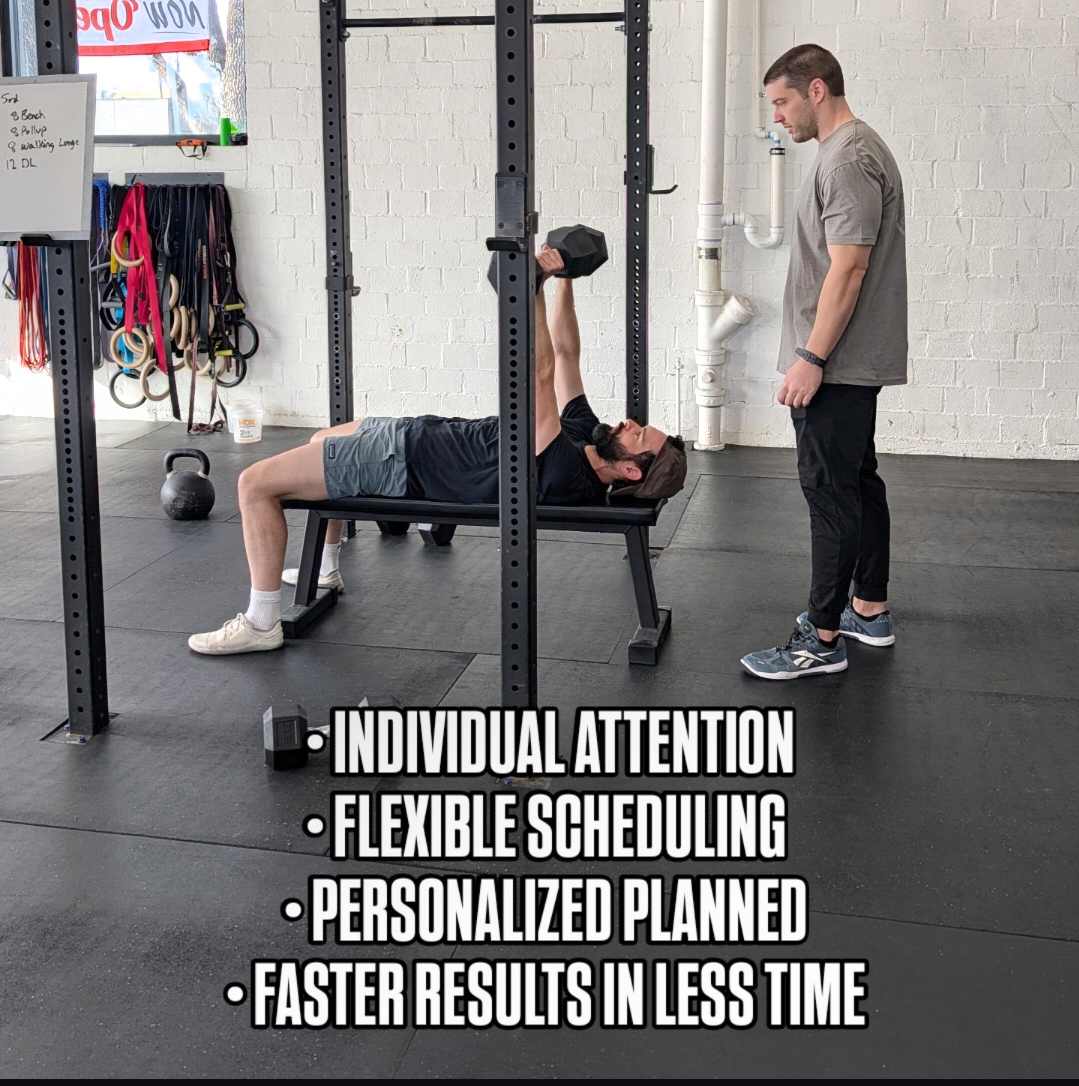By clicking “Accept All Cookies”, you agree to the storing of cookies on your device to enhance site navigation, analyze site usage, and assist in our marketing efforts. View our Privacy Policy for more information.
Recovery: The Part of Training You’re Probably Ignoring
If you aren't intentional with your recover, you are limiting your potential.
By
August 5, 2025

Recovery: The Part of Training You’re Probably Ignoring
Most people don’t have an overtraining problem, they have a recovery problem.
You can crush every workout, but if your body isn’t able to recover, you’re just digging a deeper hole. Recovery is where the actual progress happens, muscle repair, hormone balance, nervous system reset. Without it, your energy drops, performance plateaus then drops, and injuries creep in.
Let’s talk through what actually matters for recovery and how to set yourself up without gimmicks or fluff.
Sleep: The Foundation You Can’t Fake
Sleep isn’t optional. It’s the most important recovery tool you have, and if you aren’t protecting it, everything else you’re doing is less effective, including your workouts.
If you want to sleep better, try these:
- Lower the lights an hour before bed. Your brain needs the signal that it’s nighttime. Dim lamps instead of overheads. Screens off or use night mode if you absolutely have to use them. But be honest, do you need to be on your phone late?
- Cool your room down. Ideal sleep temperature is 60–67°F. Lowering your core body temp signals your system to wind down.
- Box breathing. Try 4 seconds completely in, 4 seconds hold, 4 seconds completely out, 4 seconds hold. Do it for 3-10 minutes. It downregulates your nervous system so you’re not trying to fall asleep while wired. If you feel tired but can not turn off you brain, this is for you.
None of this takes an hour or a yoga retreat. Just discipline and consistency.
Stress: The Invisible Recovery Killer
Stress chews up your ability to recover, whether it's from training or life. You can’t dodge all stress, but you can manage how you deal with it.
Here are 3 things that actually help without sounding like a motivational poster:
- Take 10-minute breaks without your phone. Go outside. Walk. Sit still. Let your brain stop juggling tabs.
- Block your time. Don’t let the day run you. Even loose structure (like “this hour is for work, this one is for errands”) gives your brain relief. List making helps.
- Say no more often. Overcommitting leads to chaos, and chaos bleeds into poor sleep, missed meals, and training that’s half-assed. If you’re overloaded, recovery is typically the thing that takes to loss.
This isn’t about relaxing in a bubble bath. It’s about protecting your output.
Use Downtime Like an Athlete Would
Recovery isn’t passive. It’s also about how well you set yourself up to recover later.
If your evenings are chaos, you’re not getting to bed on time. If your meals aren’t planned, you’re under-eating or eating crap that slows everything down.
Instead:
- Prep meals during downtime instead of scrolling. I try to knock out my week of food in one day. It's easy and makes sure I'm ready for the week.
- Lay out and prepare for tomorrow the night before. Instead of waiting until you should be in bed or scrambling in the morning.
- Clean up your evening routine like you clean up your lifting technique, simplify it and make it automatic. This does not have to be a lot. Just a handful of things you do to set yourself up for bed and an easy morning.
These things seem small, but they build a smoother system that supports recovery. And better recovery means better training results — period.
Bottom Line
If you're not prioritizing recovery, you're not going to maximize your training, you’re just exhausting yourself. Fix your sleep, manage your stress, and use your downtime wisely. Your performance depends on it.
Want help building a training and recovery system that actually works?
Come talk to a coach. We’ll help you get more out of your training without burning out.





